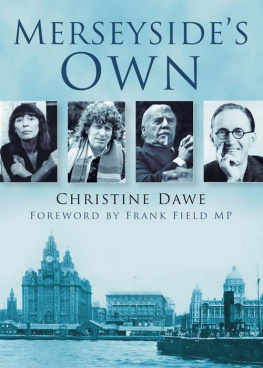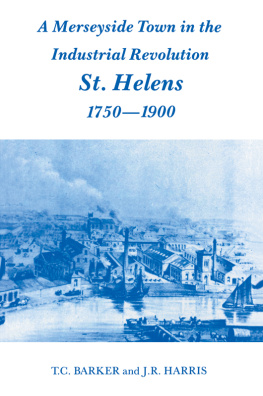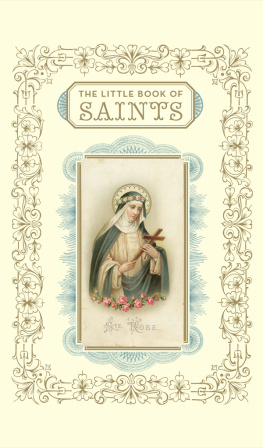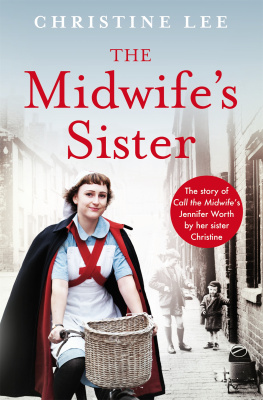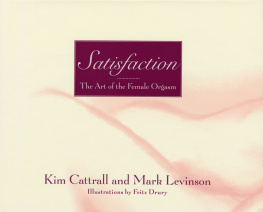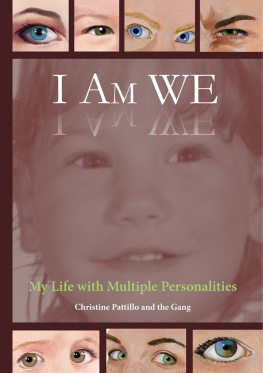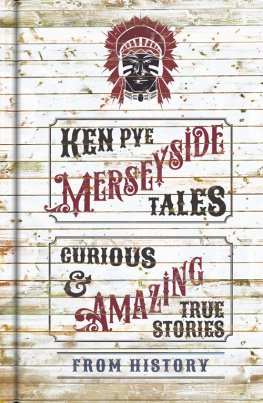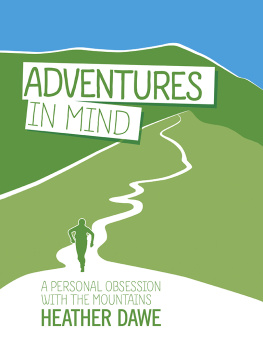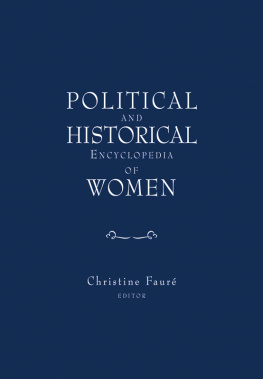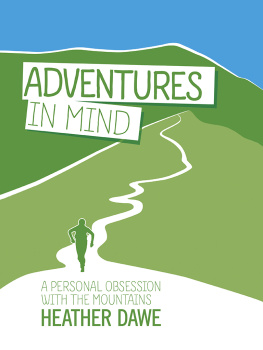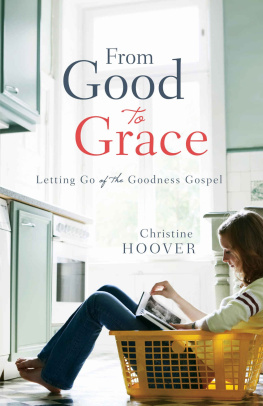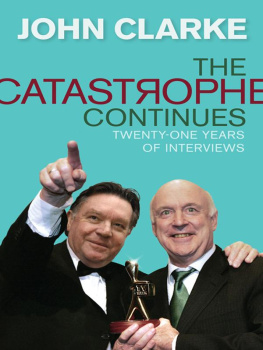To my dearly loved friends and family
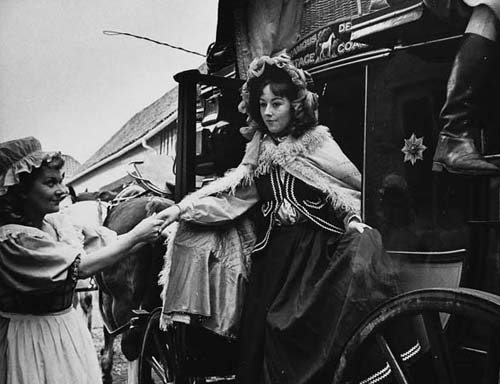
The author in the ITV series How We Used To Live.
Contents
A s with my previous book, Liverpools Own, I honour the memory of three brilliant people without whom no literary work of mine could ever have been possible. My debt to their talents and dedication is boundless. They are Mr Charles Babbage (17791869), Mr Peter Mark Roget (17911871) and Mr Oxford Concise!
My sincere thanks go to my editor at The History Press, Michelle Tilling, whose kind support, patience and understanding have been of the utmost importance to the successful conclusion of this and my previous book and recently also Richard Leatherdale. Eileen Brewer, as always, is the person to whom I turn for her IT skills, so superior to my own. Her invaluable help at any time of the day is matched only by her tolerance and unfailing good nature.
For technological support over and above the call of friendship, especially in respect of photography and electronic images, no-one could have been more helpful and constantly amiable than Dougie Redman, Runcorns gift to Merseyside.
For unfailing support in literary and content references plus suggestions for topics, I am forever grateful to John Goldsmith MD, FRCP; Nan McKean BA (Hons); Bill McKean RD, MB, ChB, FRCGP; Geoff Woodcock BA, MA, PhD, FRA; and Jenny Woodcock BA, PhD, FR (Scot). Also to John Frodsham, Assistant Principal at St Helens College, Tim Bolton and Francesca Garner at Hugh Baird College, Hannah Longworth at Pilkingtons World of Glass, Tony Hall at the Liverpool Echo, Sophie Callender PA to Beth Tweddle, Fiona Whitfield at the Lancashire Wildlife Trust, William (Billy) Dean at the Liverpool School of Tropical Medicine, Sharon Ruddock at L.A. Productions, Professor Paul Baines Head of School of English at Liverpool University, Nathan Pendlebury at the National Museums and Art Galleries Merseyside and all the receptionists and curators at the Chambr Hardman House, National Trust, 59 Rodney Street, Liverpool.
To all the present-day celebrities and their agents and P.A.S., I also send my sincere appreciation and good wishes for their continued success, as our wonderful ambassadors for Merseyside.
By the Right Honourable Frank Field,
Member of Parliament for Birkenhead
N obody who has read Liverpools Own will be surprised that Christine Dawe is back, as they say, by popular demand. If anything her selection of Merseysiders who have helped build the nation is even more surprising. I say surprising because I had little idea of just how many of the famous of our country have roots in Merseyside, or who have made their names here. Arthur Askey, Sir Thomas Beecham, Dame Rose Heilbron are just a few of the surprises this time.
I would like to concentrate on one person who was born and bred in Liverpool and who was for much of her life the most outstanding back bench member of the House of Commons since William Wilberforce of anti-slavery campaign fame. I am talking here about Eleanor Rathbone, of course.
The name Rathbone is still well known in Liverpool, but I sometimes wonder whether todays school generation hear much of her great work. It is therefore doubly good to have her presented in Merserysides Own. While, of course, she was in every sense Liverpools own, Eleanor was owned by a far, far larger audience. This body of world citizens stretched beyond our shores, beyond the darkest corner of Nazi Germany to the far reaches of what was then Imperial India.
Eleanor helped change the financial position of mothers. She fought the subjection of women to the caste system in India. Eleanor was also instrumental in trying to persuade the Allies to make saving the Jews one of the Wests war aims. It is to the Allies eternal shame that they did not do so but, undaunted, Eleanor immediately set about saving as many Jewish children as she could. One of the most moving events that I have ever attended at the House of Commons was a celebration to mark the fiftieth anniversary of her death. Elderly Jewish gentlemen rose to testify how Eleanor had saved them and, by saving each one of them, saved the world for them.
Eleanor was an independent MP she belonged to no political party. Here perhaps is the reason she isnt better remembered today; there is no political party claiming her as one of their great heroes. But possibly it is because she was a woman, and Britain has a terrible habit of seeing heroes in terms all too often of men. Both Liverpools Own and Merseysides Own show that women have been and are still prepared to make significant use of their talents and dedication to contribute to the welfare of our region and, indeed, to the whole nation. And that too tells us something special about Merseyside.
M erseyside has everything anyone could possibly want. Within this region, there is such a wealth of variety, anyone could spend a lifetime inside its boundaries and still see something different every day from fine, white, sandy beaches, sandhills and pine woods, to a thriving metropolis from a sixteenth-century hall to a safari park from potato plantations to numerous huge and elegant parks. Merseyside boasts three professional football clubs, Liverpool, Everton and Tranmere Rovers. There are rugby clubs, golf clubs by the score, riding schools and an international tennis tournament. For industries, take your pick between ship building, glass manufacture, real ale, pharmaceuticals, Jaguar cars and award-winning film and television productions. Miles of docks look out across the sea to Ireland and America and Merseysides art galleries, theatres and classical concert halls are unrivalled for quality and popularity. As for pop music need I say more?
Three universities and numerous colleges offer the widest possible choice of subjects. Ask any local student where the best nightclubs and bars are to be found and they will say, Look around you.
Where else would you find two of the finest examples of under-river road tunnels? Passengers on the most luxurious cruise liners in the world admire the superb architecture of the Merseyside waterfront and, if you want a cathedral, weve got one to spare! Of course, none of this came into being overnight. It has taken our ancestors centuries of effort and ingenuity to establish what we now take for granted. But none of the man-made venues could have been created without the existence of the River Mersey itself. This river has flowed out from its wide estuary into the Irish Sea since time immemorial. It has always been the lifeblood of the region. Before man settled in the surrounding countryside, the banks of the Mersey were inhabited by a wide variety of wildlife. Red squirrels, deer, hedgehogs, foxes and sheep wandered freely over the pastures and marshlands. In the fresh waters of nearby springs, streams and lagoons, the variety of fish, geese, ducks and swans was unparalleled, while the beaches lining the foreshore played host to everything from shrimps to dolphins and seals.
When man realised the benefits of life on the banks of this wide and free-flowing river, fishing villages, farms and ferries were created to serve mans needs. A wide diversity of natural resources offered themselves to the growing civilisation. The Romans occupied these shores for 300 years, leaving behind many descendants as well as linguistic and cultural benefits.
Towns, boroughs, holiday resorts and commercial cities gradually evolved. Trade with other countries became of paramount importance, leading, at one stage, to the most dishonourable period in the history of Merseyside. Not only were wealthy merchants involved in the trading triangle connected with slaves, sugar, spices and manufactured goods but they were using their ill-gotten profits for purely selfish advancement. Their employees benefitted little from their own slave-like labours.
Next page
